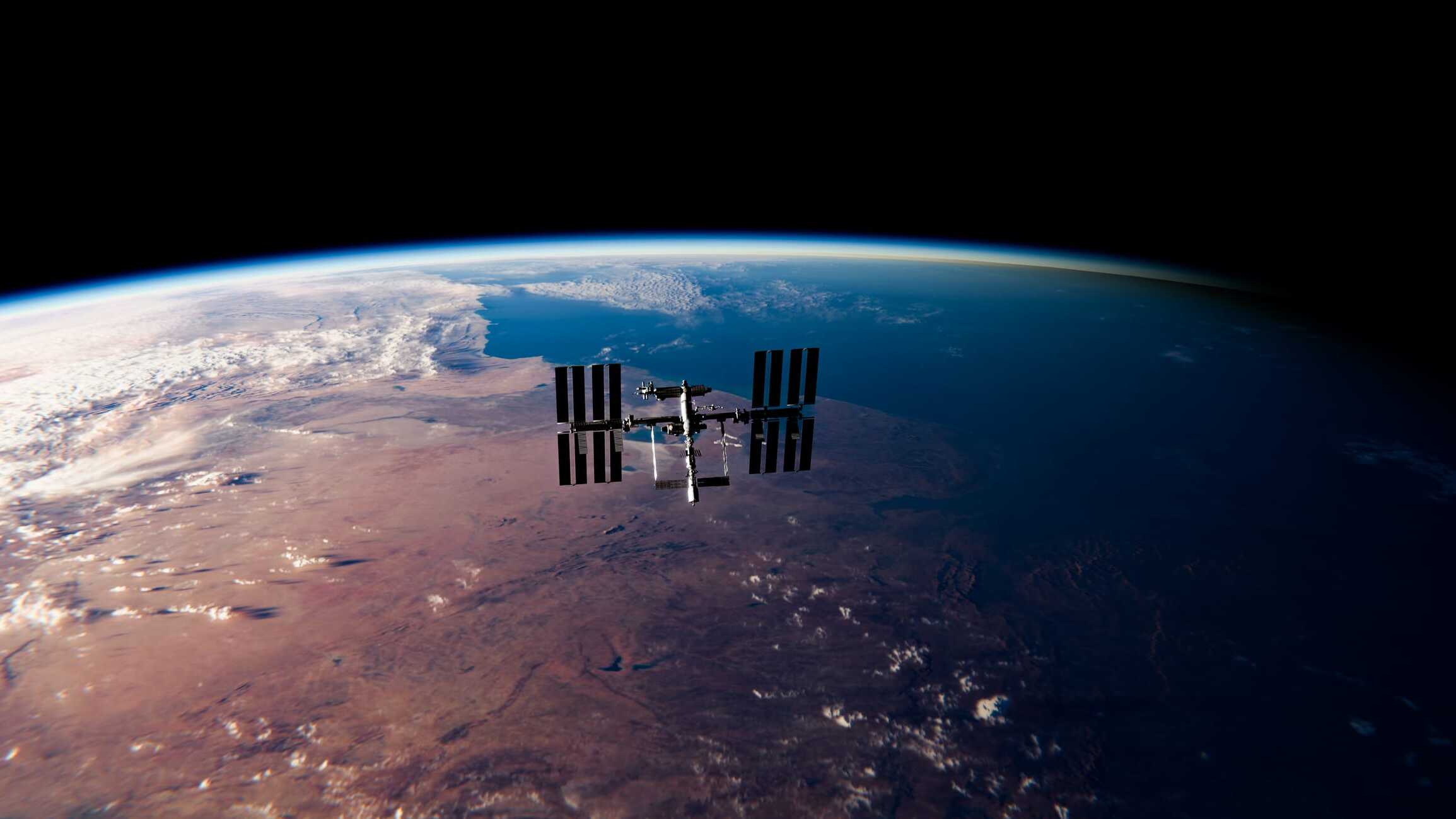
Space law might sound like something out of a sci-fi movie, but it's very real and incredibly important. Space law governs activities in outer space, ensuring that space exploration and usage are conducted peacefully and responsibly. Ever wondered who owns the moon or what happens if two satellites collide? These questions fall under the umbrella of space law. From the Outer Space Treaty of 1967 to modern-day regulations, these rules help keep space a safe and fair place for everyone. Ready to learn some mind-blowing facts about this fascinating field? Buckle up and let's dive into the cosmos of space law!
What is Space Law?
Space law governs activities in outer space. It includes international treaties, agreements, and national laws. Here are some fascinating facts about this unique legal field.
-
The Outer Space Treaty of 1967 is the cornerstone of space law. It establishes that outer space is free for exploration by all countries.
-
The Moon Agreement of 1979 states that the Moon and other celestial bodies are the common heritage of mankind. However, only a few countries have ratified it.
-
Space law prohibits any country from claiming sovereignty over outer space or any celestial body.
-
The Rescue Agreement of 1968 requires countries to assist astronauts in distress and return them safely to their home country.
-
The Liability Convention of 1972 holds countries liable for damage caused by their space objects on Earth or in space.
Key Treaties and Agreements
Several key treaties and agreements form the backbone of space law. These documents set the rules for space exploration and usage.
-
The Registration Convention of 1976 requires countries to register their space objects with the United Nations.
-
The International Telecommunication Union (ITU) allocates radio frequencies and satellite orbits to avoid interference.
-
The Artemis Accords, signed in 2020, aim to establish a framework for international cooperation in lunar exploration.
-
The Space Assets Protocol, part of the Cape Town Convention, provides a legal framework for financing space assets.
-
The UN Committee on the Peaceful Uses of Outer Space (COPUOS) oversees the implementation of space treaties.
National Space Laws
Countries have their own space laws to regulate activities within their jurisdiction. These laws complement international treaties.
-
The United States has the Commercial Space Launch Act, which regulates private spaceflight.
-
Russia's space activities are governed by the Law on Space Activities, enacted in 1993.
-
The European Space Agency (ESA) operates under the ESA Convention, signed in 1975.
-
Japan's Basic Space Law, enacted in 2008, promotes peaceful space exploration.
-
India's space activities are regulated by the Indian Space Research Organisation (ISRO) under the Department of Space.
Space Law and Commercial Activities
Commercial activities in space are growing rapidly. Space law addresses issues related to private companies and their operations.
-
The U.S. Commercial Space Launch Competitiveness Act of 2015 allows American companies to mine asteroids.
-
Luxembourg has a law that grants companies the right to own resources extracted from space.
-
The United Arab Emirates has a National Space Law that encourages private sector participation in space activities.
-
Space tourism is regulated by national laws, with companies like SpaceX and Blue Origin leading the way.
-
Satellite communications are governed by both national laws and international agreements.
Environmental and Ethical Considerations
Space law also addresses environmental and ethical issues. These considerations are crucial for sustainable space exploration.
-
The Outer Space Treaty requires countries to avoid harmful contamination of space and celestial bodies.
-
The concept of "space debris" is a growing concern, with laws being developed to mitigate its impact.
-
The Moon Agreement emphasizes the need to protect the lunar environment.
-
Ethical considerations include the fair distribution of space resources and benefits.
-
The concept of "planetary protection" aims to prevent biological contamination of other planets.
Future of Space Law
As space exploration advances, space law will continue to evolve. New challenges and opportunities will shape its future.
-
Space law will need to address issues related to space colonization and human settlements on other planets.
-
The development of space mining laws will be crucial as technology advances.
-
International cooperation will be essential for managing space traffic and avoiding collisions.
-
The legal status of private space stations and habitats will need to be clarified.
-
Space law will play a key role in ensuring the peaceful use of outer space.
Interesting Tidbits
Here are some additional interesting facts about space law that highlight its unique aspects.
-
Space law includes provisions for the peaceful use of nuclear power sources in outer space.
-
The concept of "space heritage" aims to preserve historical sites and artifacts on the Moon and other celestial bodies.
Final Thoughts on Space Law
Space law is a fascinating and ever-evolving field. It governs activities beyond our planet, ensuring that space remains a realm of peace and cooperation. From the Outer Space Treaty to the Moon Agreement, these laws set the groundwork for how nations and private entities explore and utilize space. Understanding space law helps us appreciate the complexities of space exploration and the importance of international collaboration. As technology advances and more players enter the space arena, these laws will continue to adapt, addressing new challenges and opportunities. Keeping an eye on these developments can offer insights into the future of humanity's presence in space. So, next time you gaze at the stars, remember there's a whole set of rules up there, guiding our journey among the cosmos.
Was this page helpful?
Our commitment to delivering trustworthy and engaging content is at the heart of what we do. Each fact on our site is contributed by real users like you, bringing a wealth of diverse insights and information. To ensure the highest standards of accuracy and reliability, our dedicated editors meticulously review each submission. This process guarantees that the facts we share are not only fascinating but also credible. Trust in our commitment to quality and authenticity as you explore and learn with us.


